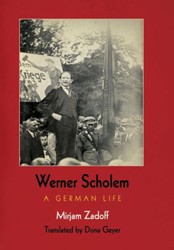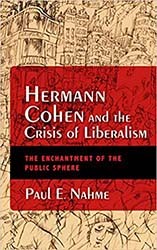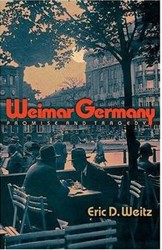John L. Withers grew up in the Jim Crow South. He was a small, bookish, and thoughtful boy mentored by his family and a kind librarian who recognized his need for knowledge. He attended his small-town college and, as a graduate student, was admitted to the University of Wisconsin, where he slowly adapted to a new and unfamiliar equality with his white peers. Wherever he went in life, he carried a small book to make entries of new ideas, quotes, and books.
During World War II, Withers commanded the Negro Quartermaster Truck Company 3511, leading the non-combatant soldiers through wartorn Germany with dignity, humanity, and a conscience. In 1945, the company was sent to the recently liberated Dachau Concentration Camp. What the soldiers found there haunted them. In the past, their orders had always involved moving supplies — now they were there to move the dead. Most of the men knew nothing at all about Jews. What was their crime?
When two Jewish teens, escapees from the nearby DP Camp, showed up at the army barracks and begged for menial work and sanctuary, the soldiers took them in. When the soldiers finally approached Withers with their secret, he struggled with his decision as to what to do; he could have been court-martialed and they all could have been dishonorably discharged for sheltering the boys. Nevertheless, he courageously agreed to do so.
The two Jewish boys, nicknamed Salomon and Pee Wee, became part of the unit as it moved from village to village. They cooked, cleaned, disappeared when they had to, and slowly began to heal and trust again. They learned English from the soldiers, who also protected and cared for them. The boys found work in a German mechanical plant after the war, and presented Withers with a beautiful album in gratitude for saving and nurturing them.
After Dachau, Withers felt he had seen true evil. He felt that while people wouldn’t believe it had happened, it could in fact happen again. War attacked his beliefs and his basic tenet that all people had the right to live.
Balm in Gilead is written by Withers’s son and namesake. John L. Withers II had listened to his father’s sometimes disjointed accounts of his experiences all his life; he explains he has taken some license in the interest of clarity and sought to piece his father’s reminiscences together as best he could. He has gifted the reader with extensive details, multidimensional characters, and poetic language. The nuanced narrative includes the backstories of many of the soldiers, a romantic Paris interlude, the men’s experiences in the occupied German towns, and the elder Withers’s postwar life.
The second part of the book describes the author’s quest to find the boys his father saved. John L. Withers II was traveling through Germany and passed a sign for Staffelstein, the town where his father’s company was quartered, and the search began. Withers was awarded a grant and left his government position and security to pursue more trips to Germany, enter into correspondence with Yad Vashem and foreign embassies, and carry out extensive research. Names and dates from the album given to Withers by the boys led to Polish Jewish agencies and survivor networks — and finally resulted in Salomon and Pee Wee being found.
The prolonged search, captivating in its step-by-step depiction, culminates in an emotionally satisfying family reunion fifty-five years after the war. The heartwarming scene is enhanced by photos of the event. Though Balm in Gilead is mainly a story of World War II, it tackles the sentiments and challenges of our present-day world. What is the worth of a person? What does a life mean? It’s a story of race, class, hatred, love, dignity, friendship, and kindness.
The title of the book comes from a passage in Jeremiah: “For the hurt of the daughters of my people am I hurt. Is there no balm in Gilead?” It also appears in the lyrics of a spiritual sung at John L. Withers’s funeral: “There was a balm in Gilead to make the wounded whole.”
Renita Last is a member of the Nassau Region of Hadassah’s Executive Board. She has coordinated the Film Forum Series for the Region and served as Programming and Health Coordinators and as a member of the Advocacy Committee.
She has volunteered as a docent at the Holocaust Memorial and Tolerance Center of Nassau County teaching the all- important lessons of the Holocaust and tolerance. A retired teacher of the Gifted and Talented, she loves participating in book clubs and writing projects.





